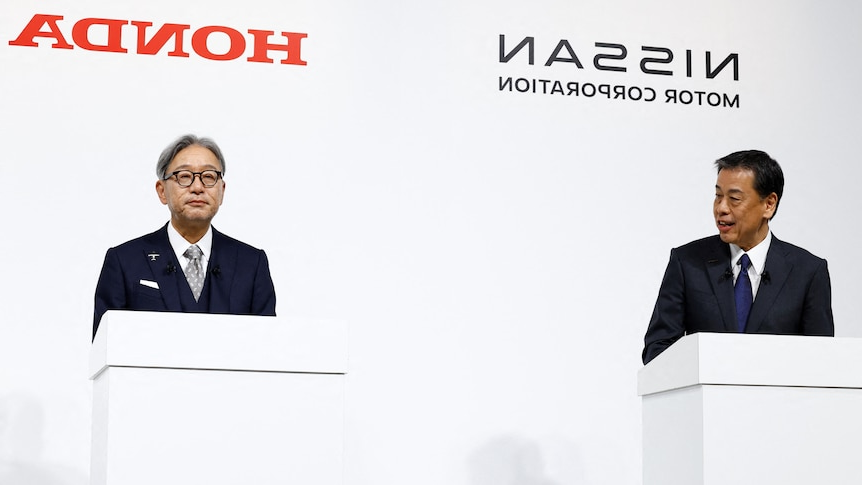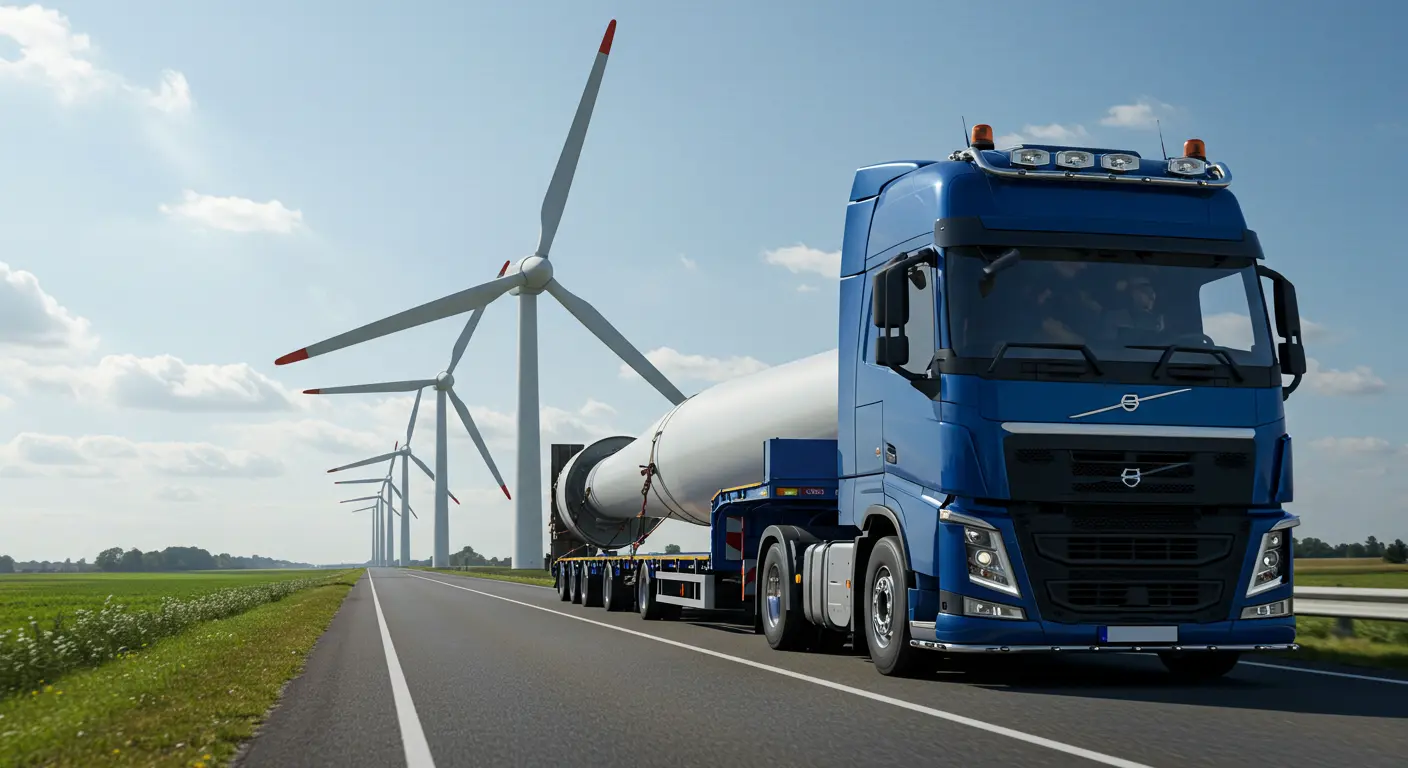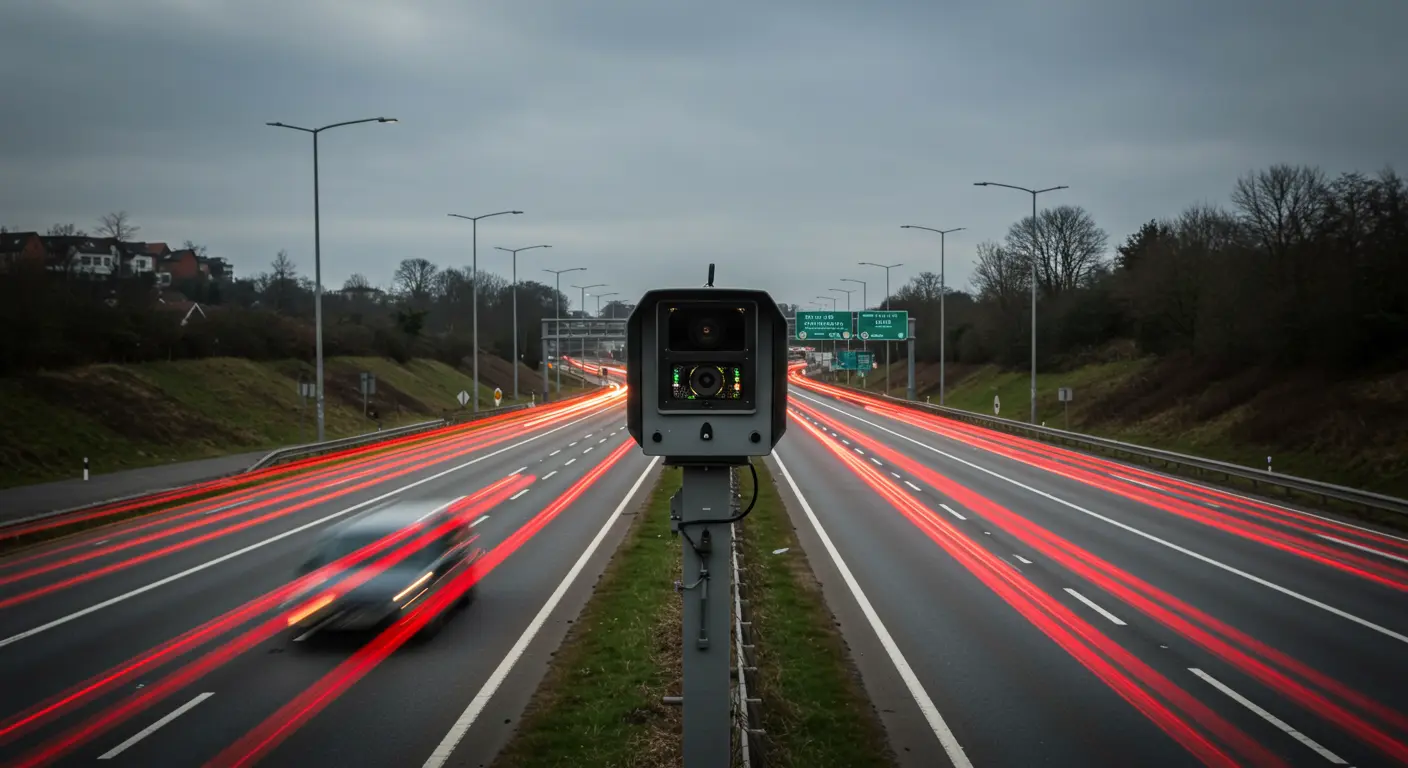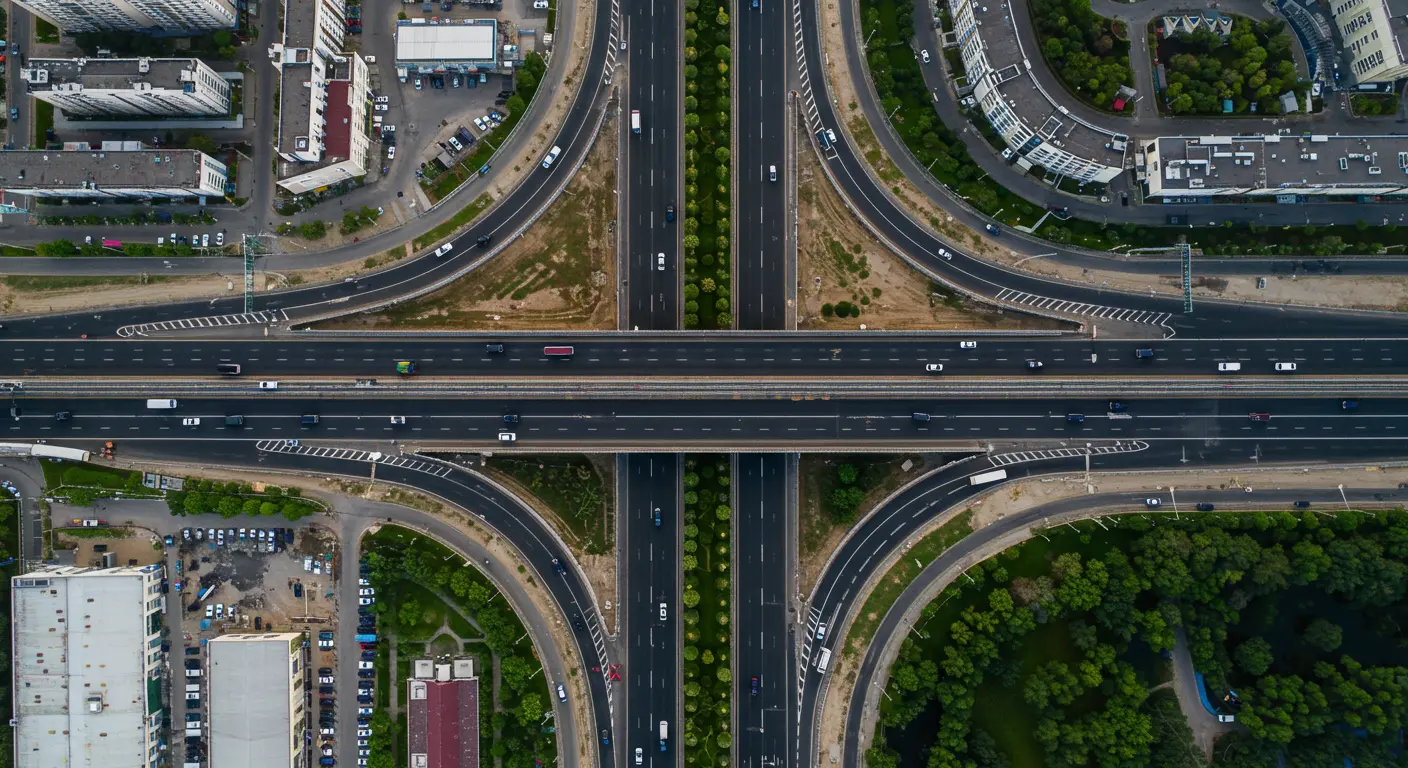In a stunning announcement that shocked the automotive world, Japanese powerhouses Nissan, Honda, and Mitsubishi have unveiled plans for an unprecedented mega merger. The ultimate goal?
To create an electric vehicle (EV) juggernaut ready to take on the likes of Tesla, Volkswagen, and a rising tide of Chinese competitors.
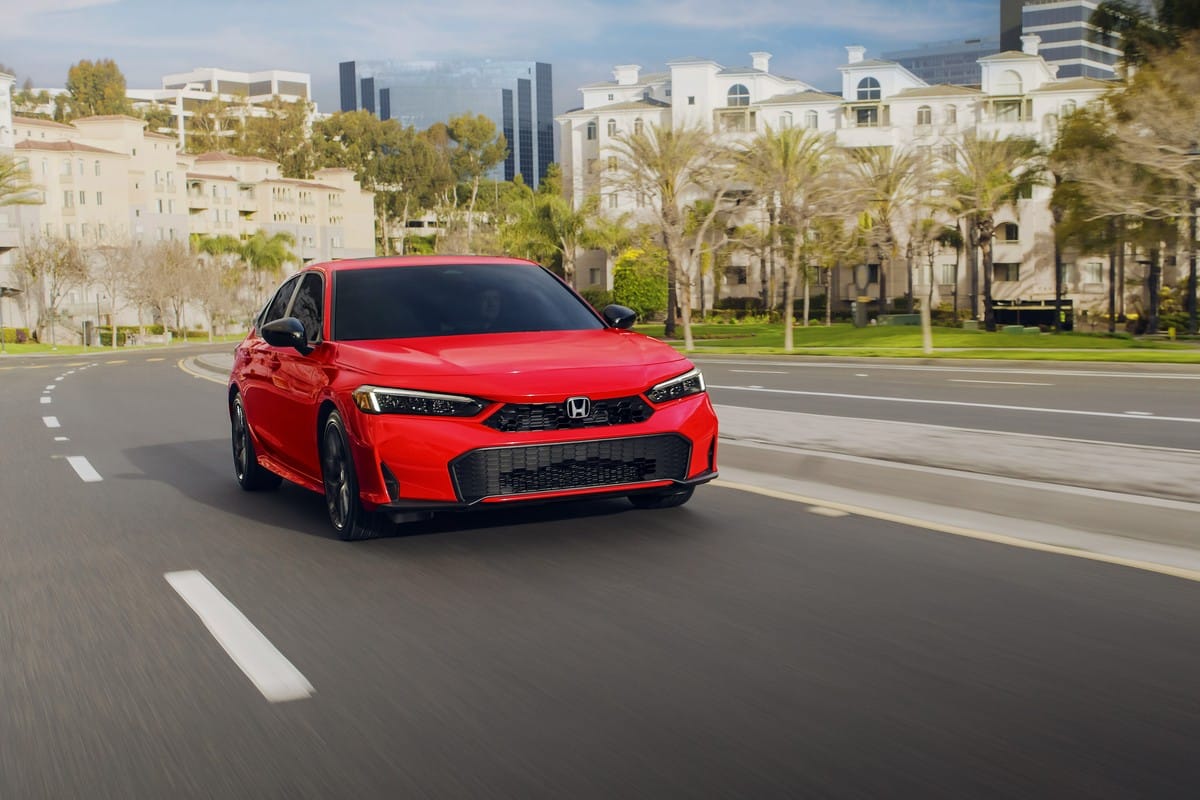
The proposed union would forge the world's third-largest automaker by 2026, boasting an impressive market cap of around $50 billion.
With an eye-popping 8 million vehicles rolling off assembly lines each year, the combined company would trail only Toyota and Volkswagen in annual sales.
What's Driving the Merger?
So, what's driving this seismic shakeup? As Honda CEO Toshihiro Mibe put it, "This integration aims to maintain global competitiveness and deliver more attractive products and services to customers worldwide." Translation: Electrify or die.
The automotive industry is undergoing a "once in a century" transformation, and Japanese brands are feeling the heat from Chinese upstarts in the race to develop cutting-edge EVs.
By joining forces, Nissan, Honda, and Mitsubishi hope to turbocharge their efforts, sharing platforms, technologies, and talent to outpace the competition.
Each Brand's Unique Strengths
Each company brings unique strengths to the table:
- Honda's mastery of hybrids and compact cars
- Nissan's prowess in larger vehicles and pioneering EVs like the Leaf
- Mitsubishi's expertise in plug-in hybrids and globally popular utility vehicles
As Mibe explained, "Honda is strong in hybrids, while Nissan excels in pick-up trucks. By finding the optimum combination, we can pursue efficiency and synergy."
Skepticism and Challenges
But not everyone's convinced this merger will be a smooth ride. Former Renault-Nissan boss Carlos Ghosn called it a "desperate move," questioning whether real synergies can be found between the brands.
Challenges loom large, from streamlining overlapping vehicle lineups to preserving distinct brand identities amid deep operational integration.
And let's not forget Nissan's ongoing financial woes, which have forced the company into "emergency mode."
Watch the Honda & Nissan Press Conference
The Road Ahead
Still, if they can navigate these obstacles, the rewards could be massive. A successful merger would create a formidable player in the global EV arena, with the scale and resources to rival the Volkswagen Group's multi-brand strategy.
For consumers, the real benefits may not materialize until 2030, when we can expect to see shared platforms and breakthrough technologies hit the market.
In the meantime, the companies are racing to finalize the merger agreement by June 2025, with plans to relist under a new holding company in August 2026.
Mitsubishi's Wild Card
One wild card remains: Mitsubishi. Already part of the Renault-Nissan alliance, the brand has until January 2025 to decide whether to join Honda and Nissan's bold gambit. If it does, the resulting EV behemoth could be an unstoppable force.
The Future of Electric Vehicles
Will this mega merger deliver on its promise to reshape the automotive landscape and dominate the electric future? Only time will tell.
But one thing's for sure: The race for EV supremacy just kicked into high gear.
Check out
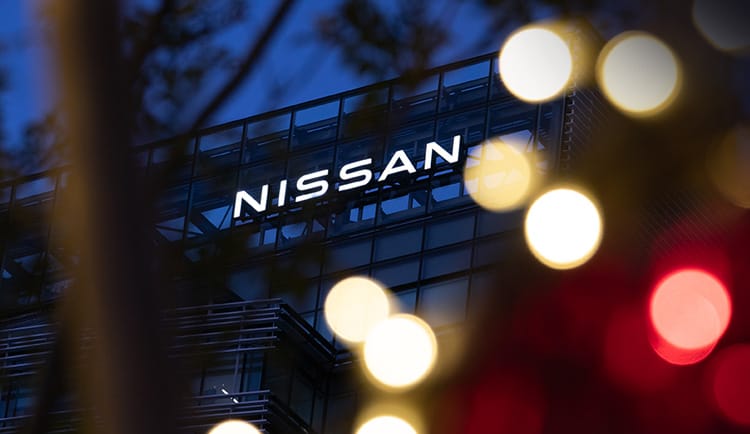
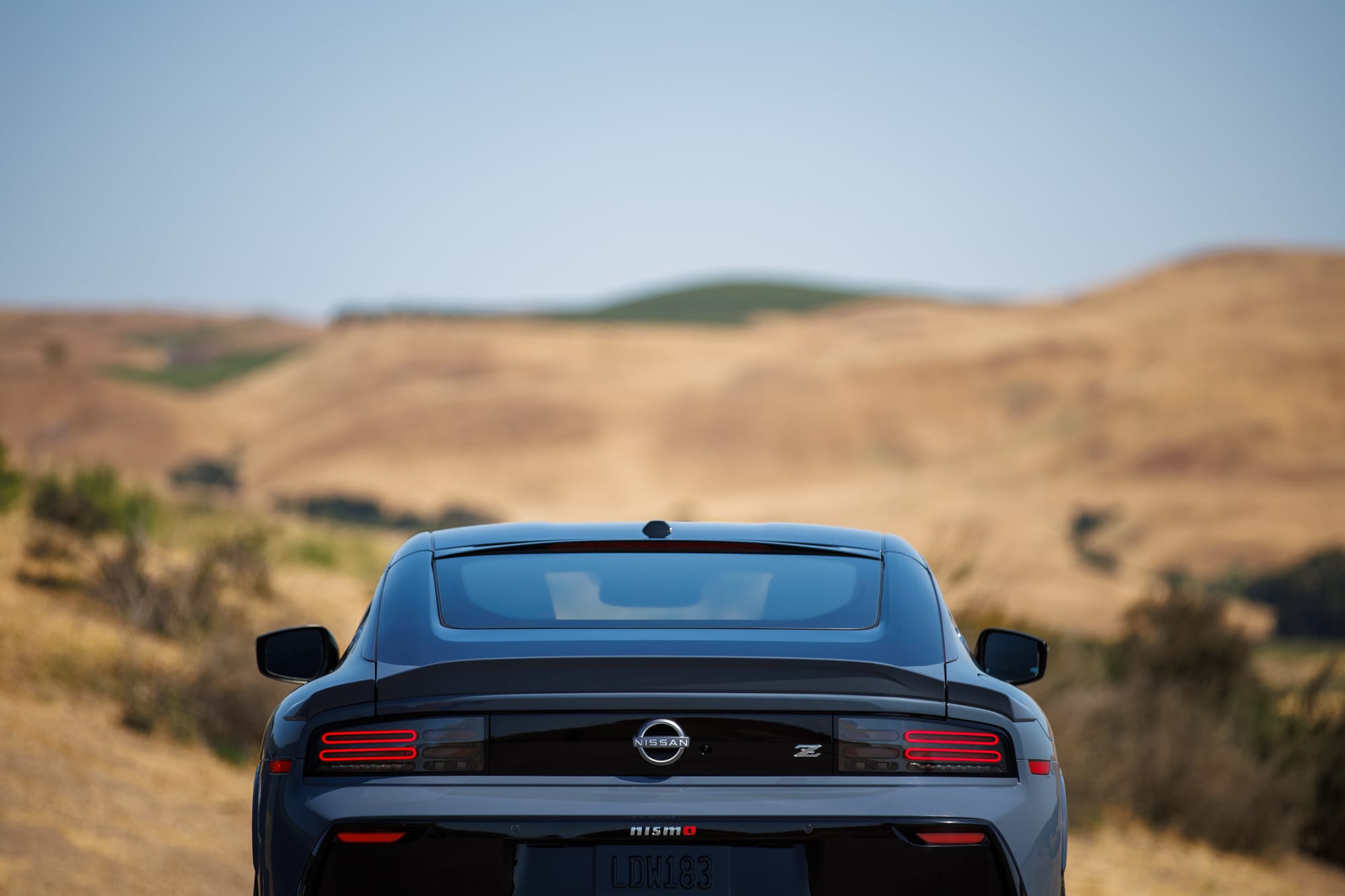
Read more about what people think about the merger here on Reddit.


